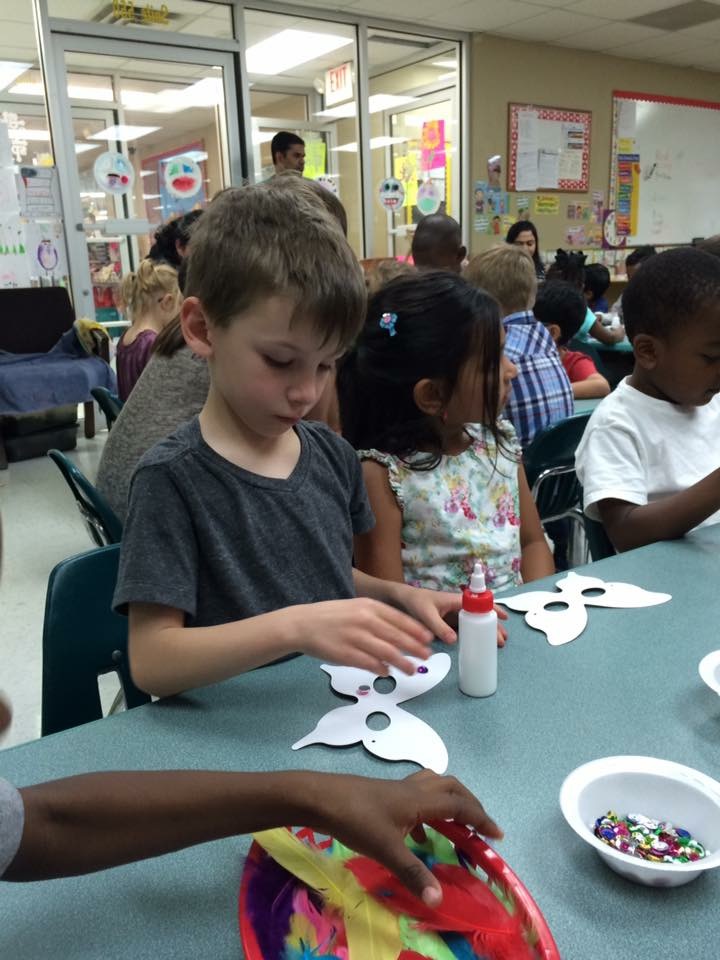Practice tests are of benefit to students. The tests prepare students for high-stakes tests better than studying. However, many say that there is too much testing in the classroom. Thu, too much testing takes time away from actual teaching. Research does not agree with this theory.
Studies say well-designed tests improve a student’s recall. Practice tests are the best way to prepare students for real exams. As students apply answers from their memory, it solidifies the information stored in the memory. They also provide feedback about the questions and how students interpret questions. They provide information on what students know and the content that needs reteaching so there are no learning gaps.
Practice Tests and Anxiety
As students take part in practice tests, they no longer have ‘text anxiety’. Thus, their performance on the actual test increases. Research shows the exposure, habit, and skills students develop from practice tests help.
Test-taking is a learned skill. Skills from practice tests teach students how to manage time, how to approach questions, and how to make educated guesses. Students do not know what will be on the test but they develop skills so they successfully approach each question.
Timing matters in practice tests. Giving a practice test after a lesson is helpful. A test after a lesson needs immediate feedback. Students need to know what and why they got something wrong.
Gaps in Knowledge
Studies show students have a false impression of what they know after they study or review. Practice tests help students understand what they think they know and what they know.
To get the most out of practice, make the tests so students learn from their mistakes and continue to improve. Thus, practice tests should have little impact on their grade. Studies show students learn most effectively when they have opportunities to recall and apply knowledge.
Results
The practice of taking tests helps students stay focused. They learn where and how to improve. Practicing relieves stress when come to the actual test. Therefore, to improve academic performance, students need to practice learning.



